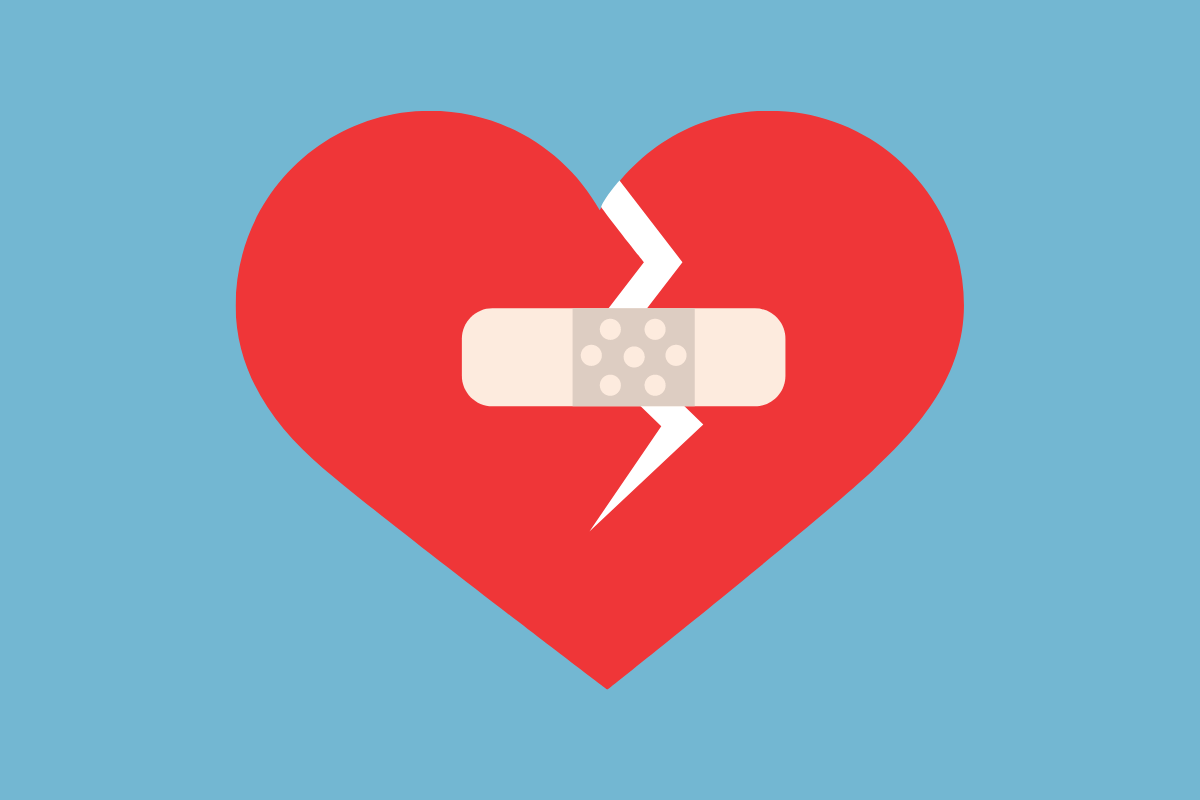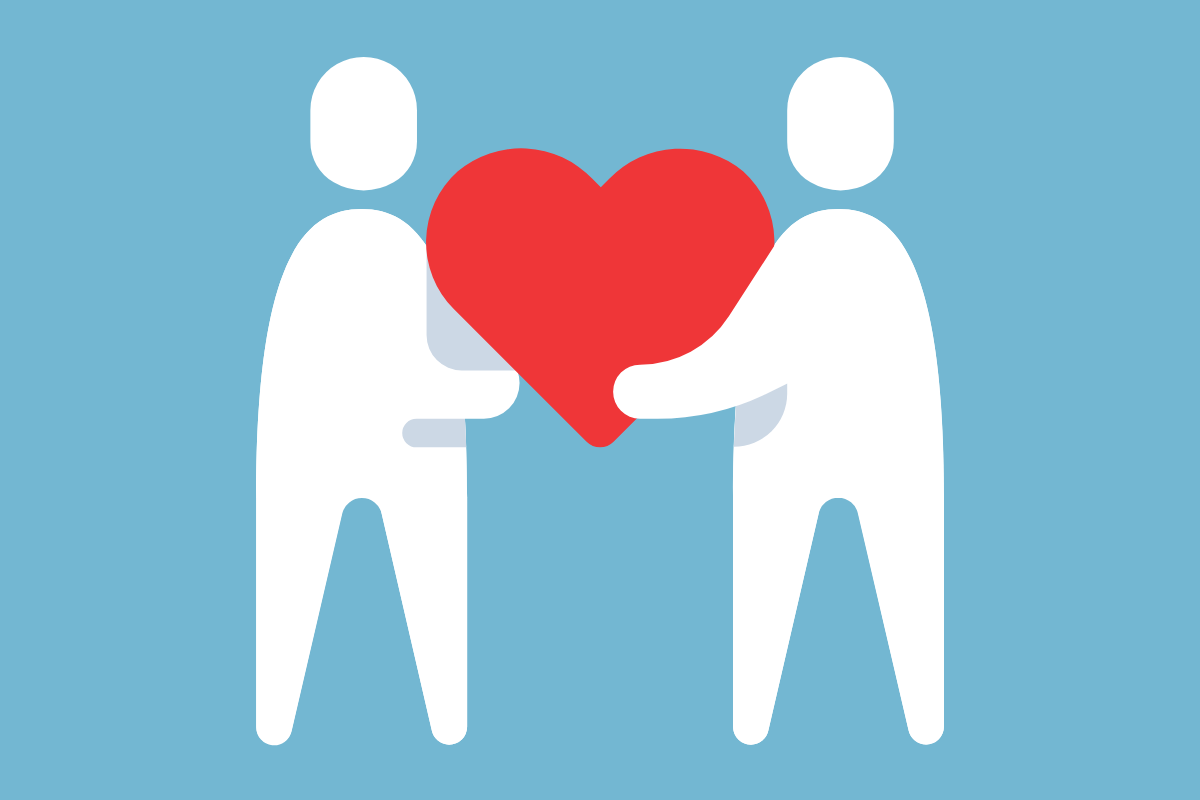Infidelity can cause extreme emotional pain and heartbreak – but does it automatically mean the end of your marriage or relationship?
Short answer: It’s different for everyone.
Some couples may find it impossible to reconcile after an affair, with the pain of betrayal too strong for the relationship to progress. Others might work on their issues, rebuild trust, and become stronger than ever before.
Affairs don’t just happen in unhappy marriages or relationships. They can happen in couples that are otherwise happy and healthy. And if both parties are committed, the relationship can be saved.
In this article, we’ll look at what to do when someone cheats on you, and possible ways to recover your relationship after an affair.
What to do After an Affair
So you’ve been cheated on – now what? While people cope in different ways and what’s right for some might not be for others, these tips may help you find your footing during this tough time.
Address your needs
Learning your partner has been unfaithful can kick up a lot of negative feelings. It’s important to look after your emotional and physical needs during this time. Prioritise eating balanced meals, getting enough rest, and avoiding alcohol and drugs.
If you live together and need some space to process things, remove yourself from the situation and organise somewhere to stay – whether it’s with friends, family, or a motel.
Reach out to your support network
Being cheated on can be embarrassing and shameful. You may be tempted to withdraw from friends and family and isolate yourself while you process things. But surrounding yourself with supportive and loving people can make all the difference.
Deciding who you do and don’t tell – and how much you want to share – is a very personal thing. You don’t have to go into the nitty gritty details, but telling the people with your best interests at heart can help you feel less alone.
Remember it’s not about you
Your first response may be to ask what’s wrong with me? You may be left questioning your worth, whether you’re lovable or desirable, or if there’s something you did to deserve this.
It’s important to remind yourself that you’re not to blame for someone else’s behaviour. This was their choice, and it’s not a reflection on you. Even if you were having problems in the relationship, this is no excuse for having an affair. This happened because of their own issues, and not because you’re not good enough.
Prioritise self-care
Sleeping in until midday and snacking on ice cream and Doritos for days? Hey, many of us have been there. A little wallowing is expected, but try not to let your self-care slide when you need it most.
Along with addressing your physical needs like getting enough rest, eating right, and drinking plenty of water, make other forms of self-care a priority, too. Get up, take a shower, and put on an outfit that makes you feel good. Take time to get out of the house and see the people you love. Revisit the hobbies you enjoy. Whatever your self-care looks like, make it a must-do every day.
Have an honest conversation
If it’s safe to do so, talk to your partner about what’s happened. Don’t jump to conclusions or assume you know the full story. Be honest about why this has happened in your relationship, and if there were problems going on in the background. Allowing them to explain themselves might help give you closure, or help you decide whether the relationship is worth repairing or not.
Some signs it may not be worth moving forward with the relationship might include:
- They have cheated before
- They’re not remorseful or sorry for their actions
- They don’t take responsibility for their actions/blame you for ‘making’ them cheat
- They’re abusive (physically, verbally, mentally, emotionally, sexually, financially, or other).
Relationship Counselling After an Affair
If you do choose to rebuild your relationship, this will require a strong, long-term commitment from both partners. Relationship counselling can help you work through your issues and gain the skills needed to make your relationship successful.
Many relationship counsellors have seen marriages not only move past an affair, but become stronger than before.
You may want to consider counselling to discuss your feelings and have a safe space to explore yourselves, your situation, and your needs.
Counselling can help couples to:
- Prepare for changes in a relationship
- Address sexual concerns
- Understand the relationship they have
- Discuss what they feel about each other now
- Decide what they are prepared to do to make it work
- Discover why they chose each other in the first place
- Understand how they contributed to whatever their relationship has become
- Deal with the pain of when relationships change or end.
Our trained counsellors are here to provide non-judgmental support and guidance. They don’t take sides or encourage couples to stay together or separate. Learn more about our relationship counselling here, or call 1300 364 277 to book an appointment.










